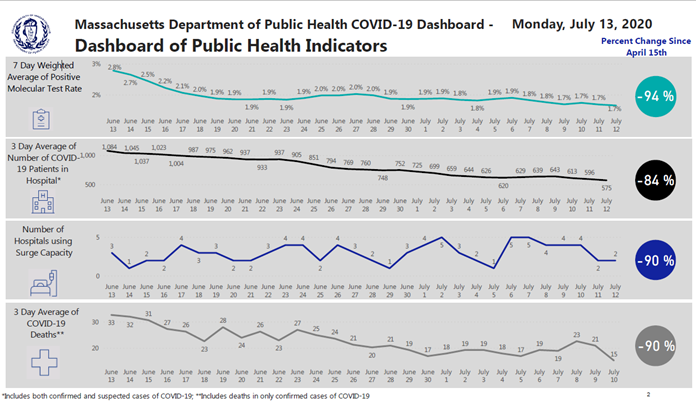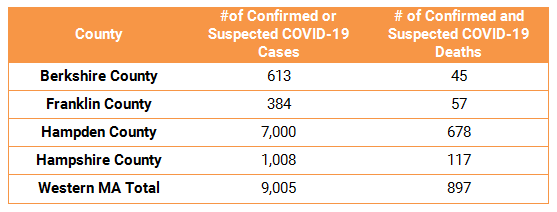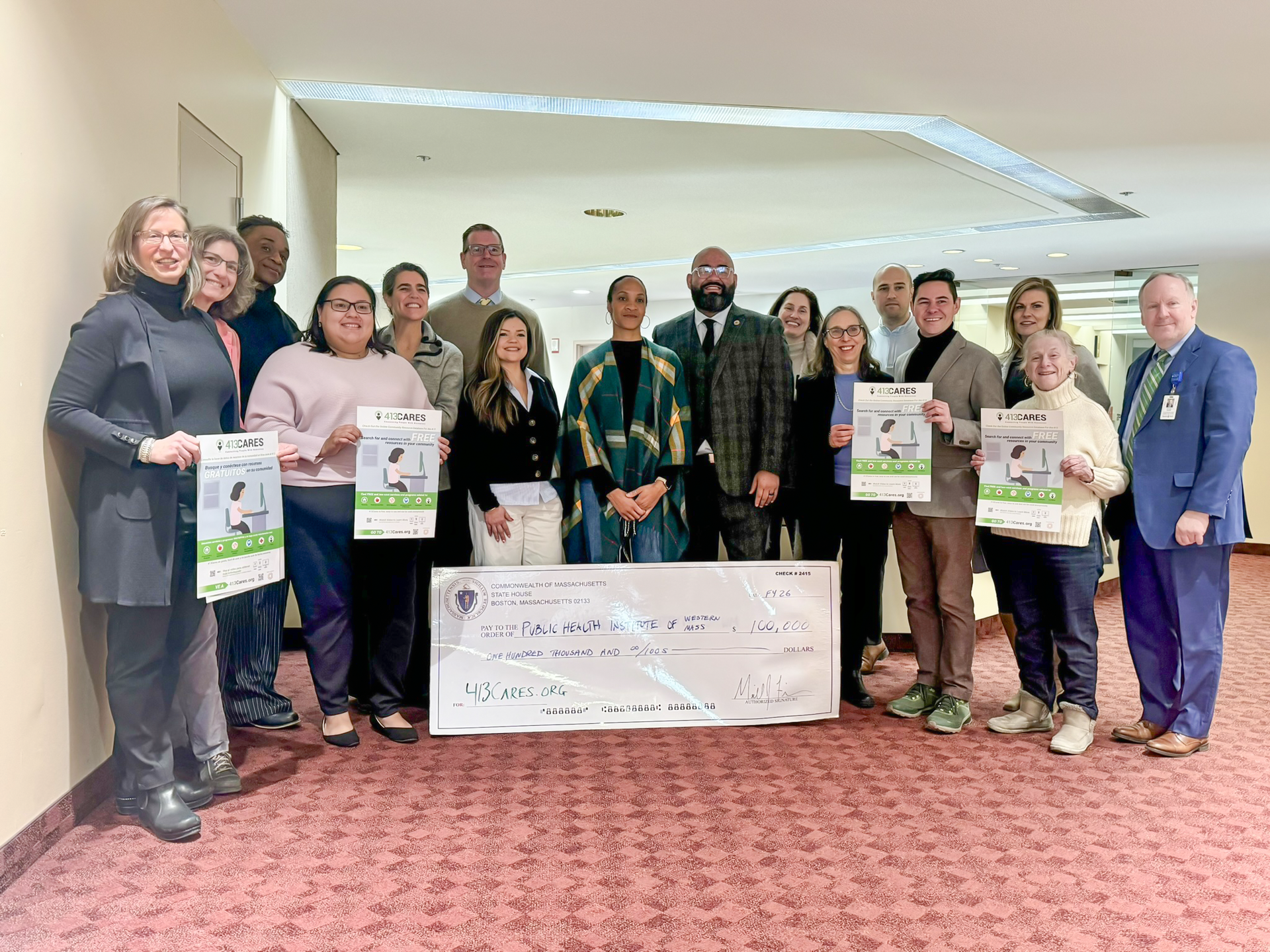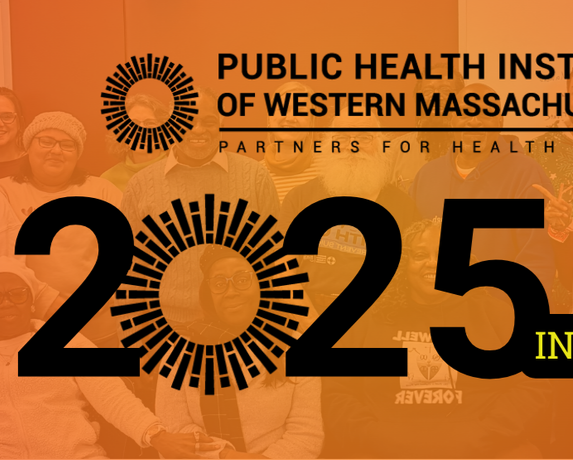COVID rates continue to decline in MA, but we must remain vigilant
On Monday July 6th, we entered Step One of Phase 3 of reopening . During phase 3, additional industries can resume operation with restrictions and capacity limitations such as fitness centers, movie theaters, and museums. According to MDPH’s COVID-19 Dashboard, COVID-19 deaths, hospitalizations, the percentage of people testing positive, and the number of hospitals using surge capacity have all continued to decline. Although MA is faring better than much of the country, it is essential to remain vigilant.

As of July 12, 2020, there were 9,005 confirmed or suspected COVID-19 cases in Western Massachusetts (105,629 statewide) and 897 COVID-19 confirmed or suspected deaths in Western Massachusetts (8,110 statewide).

As stated in previous newsletters, caution should be exercised when interpreting COVID-19. For example, the rate of confirmed COVID-19 cases is dependent upon who is tested and not necessarily reflective of the distribution of COVID-19 in the general population. Testing has been limited thus far. Because many people who have the disease are asymptomatic and have not been tested, prevalence of people testing positive is unlikely to reflect the prevalence in communities. As testing and contact tracing increase, we will have a better understanding of impacts on communities and populations, and more targeted actions can take place to mitigate spread and support those who are disproportionately impacted.
share this
Related Articles




